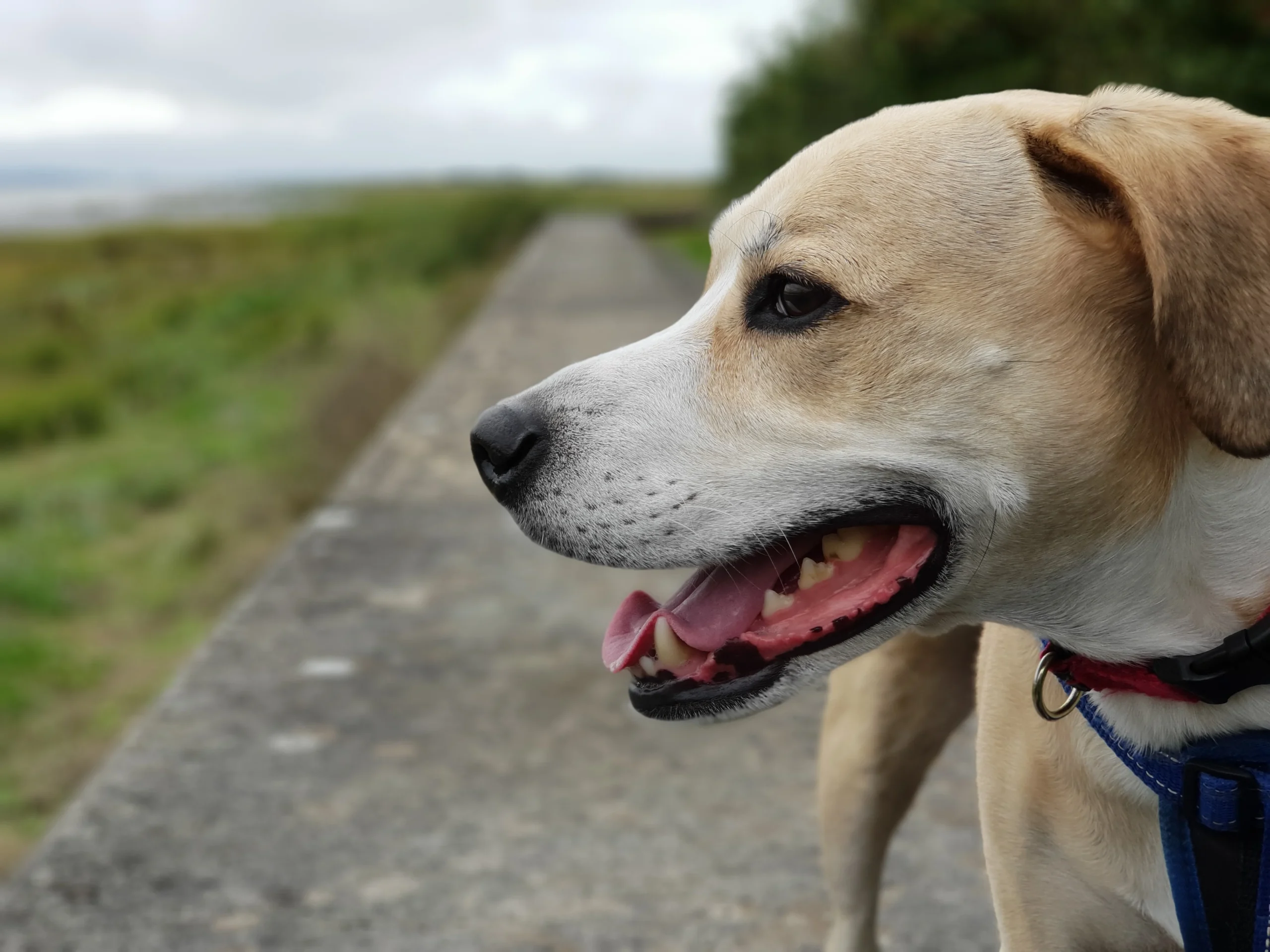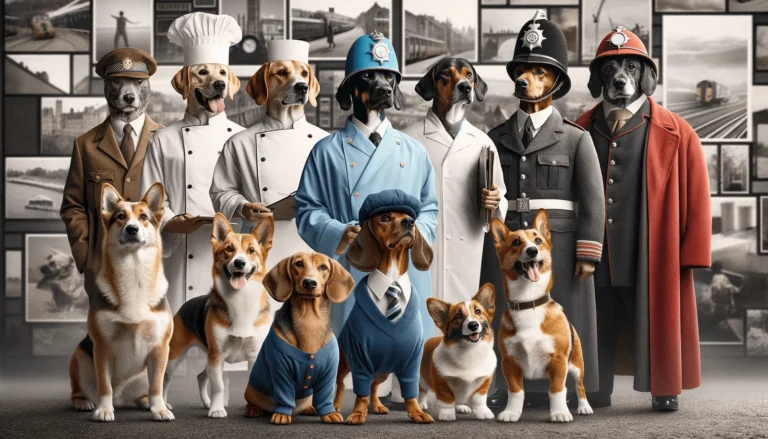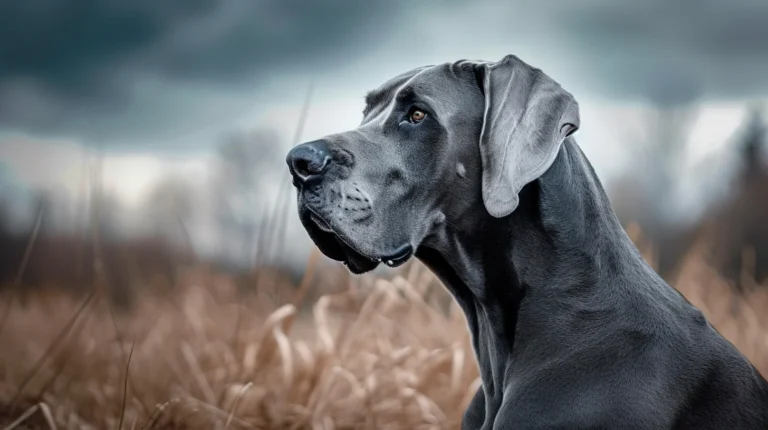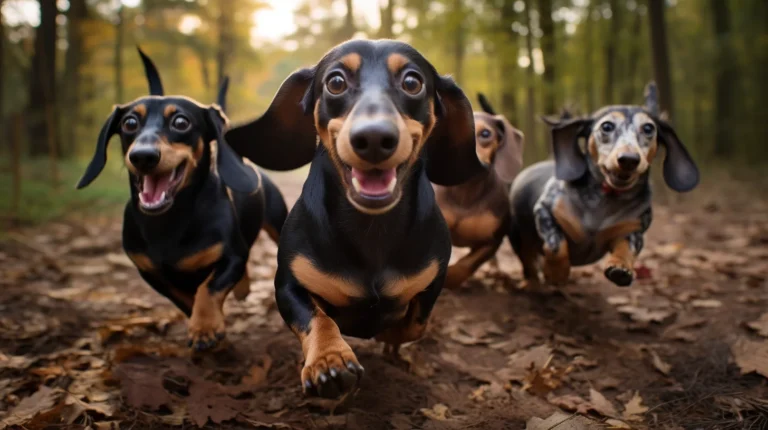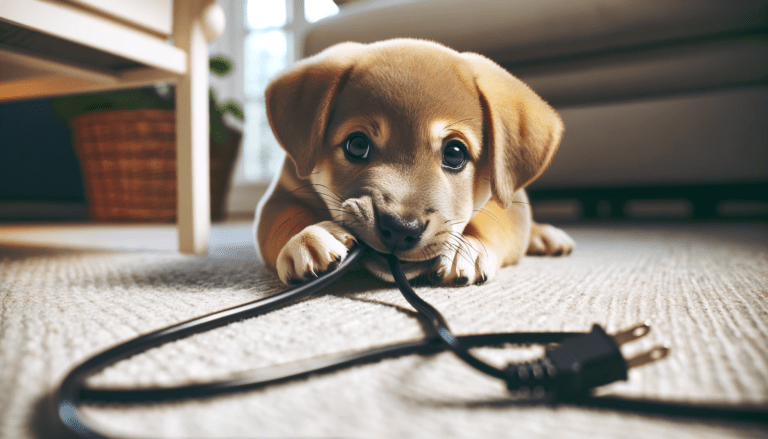How to Cope With The Loss of a Dog – a Book Suggestion
Dealing With The Loss of a Dog
Firstly, if you’ve found your way to this article, I assume you’re grieving a beloved pet, and for that, I offer my heartfelt sympathies. I know how hard it is. But before I go on, please know this and please believe it – things will get better. I promise.
It’s sometimes hard to know what to say to a person who is grieving after the death of a dog. In 2015 I wrote a short book on the subject, drawing on my own life experiences. At the beginning of 2021, I found myself crying over the pages of the book I’d written six years earlier, having lost the dog who had been my rock for 12 years. Although I’d written it myself, the book helped my wife and me immeasurably.
My wife and I still mourn Marley almost daily. He was more than just a dog – they all are, of course, but Marley came into my life at a particularly tough time.
Dogs and Mental Health
I’ve struggled with bi-polar and other mental health conditions since my teenage years; I was born in 1972 for reference. I somehow disguised this from the army (although the army is a great place for somebody with manic urges to blend in), joining in ‘89 and serving for just over a decade.
My mental illnesses were eventually diagnosed by army doctors and psychiatrists, and I was medically discharged at the end of the ‘90s. After leaving, I dragged myself through life, always surrounding myself with dogs and working with them, but never in a stable enough living environment to welcome one into my life.
That was until I had a major mental health breakdown, exacerbated by events during my service and my bi-polar, and had to give up work. I’d recently married, and my wife took as much time off work as she could to help me recover, but I spent most days alone. I missed dogs, I missed company (sometimes) and I missed work – I wasn’t even well enough to volunteer in animal shelters, let alone work full time.
Then my wife suggested I get a dog to help me recover and ease the loneliness – it was a clever move on her behalf – she knew that, however ill I was, I wouldn’t see a dog going without exercise, and she guessed correctly that my focus would be placed on the dog’s needs above my own
Enter Marley, a 7-month-old rescue dog from a local shelter. A mix of lab and beagle with a streak of staffy running through him (we think!), he was amazing!
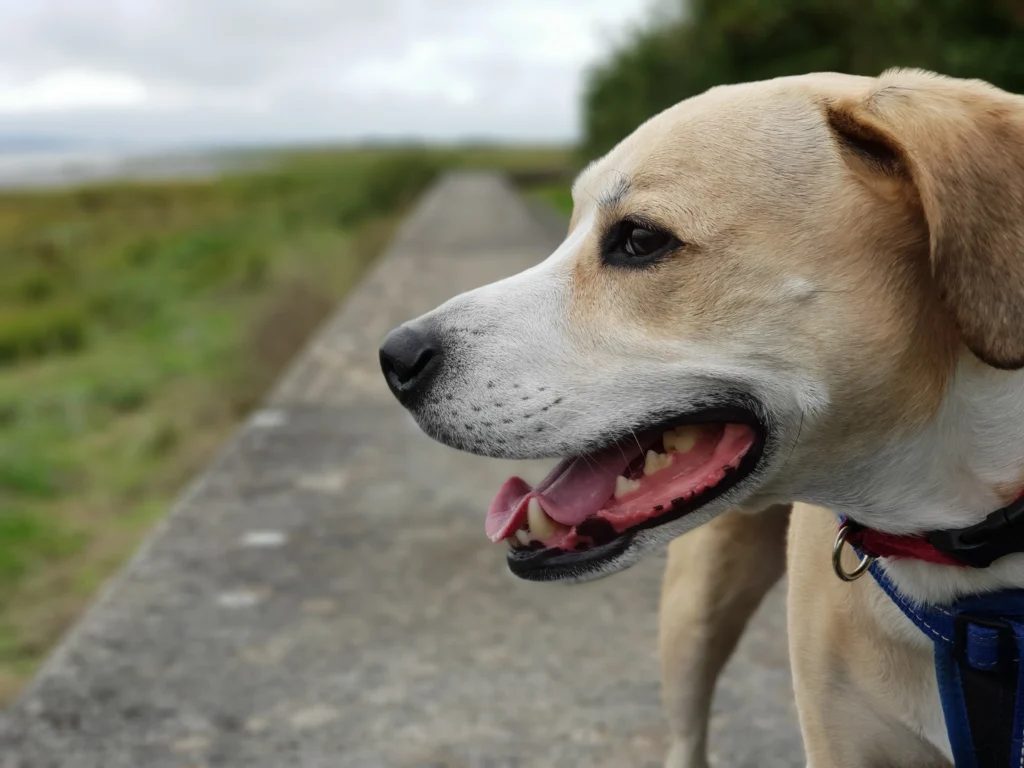
He came into my life, and my life got better almost immediately – of course, I didn’t miraculously heal, but I made sure Marley got all his needs met. I trained him, took him for plenty of walks, and eventually, life got better.
During these years, on many occasions when I was in bed during a mental health episode, Marley would climb up and lie alongside me – his only intention to comfort me.
The first time it happened, I was in the middle of a particularly tough episode, and Marley draped himself across my body, his weight a reassuring warmth.
Marley became my rock, and my wife and I gave him a wonderful life full of trips in our campervan across the UK, long walks on beaches and in forests, and all the love a dog could ever want.
Grieving a Beloved Dog
Marley’s death came as a surprise and shouldn’t really have happened – I won’t mention vet names, but because of the pandemic, the people who were supposed to help Marley let him down. I managed to find a vet who put Marley first, but it was too late for him. He had to be put to sleep.
My wife and I were devastated – we still are, but luckily for us both, on the very same day he was put to sleep, I found the strength to re-read the book I’d written in 2015 and began following my own advice.
I knew the advice had worked for me in the past – that’s why I’d written the book to begin with, but Marley was different – I’d been close to all the dogs I’d loved, of course, but the connection with Marley was on another level. I often thought it was unhealthy, but love is love. You can’t help how you feel.
It sounds harsh, but following my own advice, we moved his belongings out of the house, apart from his special blanket, on the same day he passed and put them in bin bags.
That sounds nasty, and difficult to do, but believe me – it is far easier than coming downstairs to an empty bed in the morning and a food bowl that will not be filled.
The next day, we got up at six like we always did and walked the route we did most mornings with Marley. We took his lead with us, as I’d suggested in my book, and although hard, it helped us come to the realisation that he was gone.
The circumstances of his death weigh heavily on us both, and we both still harbour guilt, which we’re working through.
The intrusive thoughts we get surround the fact that the pandemic restrictions were a lot to blame, and we should have fought harder (we did our best, I know), and the fact that due to restrictions, only one of us could be with Marley in his last moments.
When you’ve silently promised your best friend that you’d be with him at the end, and then you’re not – that’s a powerful guilt trip to navigate.
Anyway – we found our way through it, although it is still hard almost three years later, and I was happy to have had the book I’d written to help us.
Having started this website with the intention of helping dogs and their owners, I thought it would be foolish not to offer the book I’d written as a source of comfort to people mourning a dog.
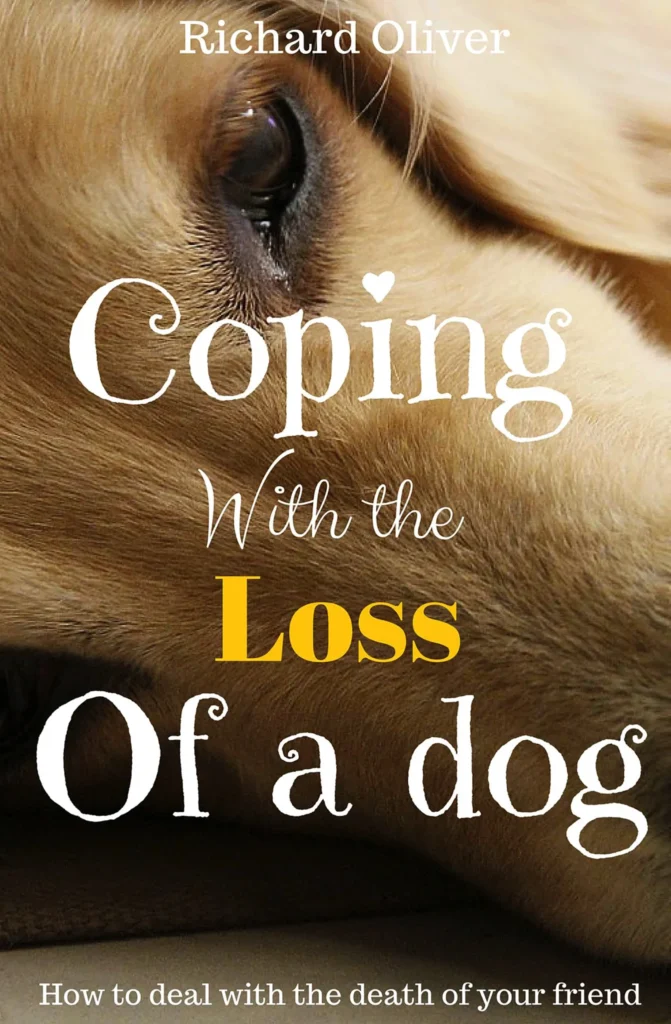
With that in mind, there are links to my book below, and although it makes me feel horrible to advertise a book that covers such a sad topic. I want you to know I would never disrespect Marley’s memory by telling his story for purely financial gain.
Money from the book, and any other advertisements or sales on doglifehub.co.uk help me run this site. I also like to donate as much as I can to dog shelters or dog charities each month.
I hope my book can help you, and I want to leave you with the often used, but very true saying – time heals. Will time completely heal the wound to your heart and soul? No – I think that would be impossible, and perhaps undesirable – but time certainly heals.
When Marley died, I never thought I’d be in a place where I could write about him as openly as I am now, but time has healed me as much as it can, and it will heal you, too. I promise.
I hope my book will help you in the process.

